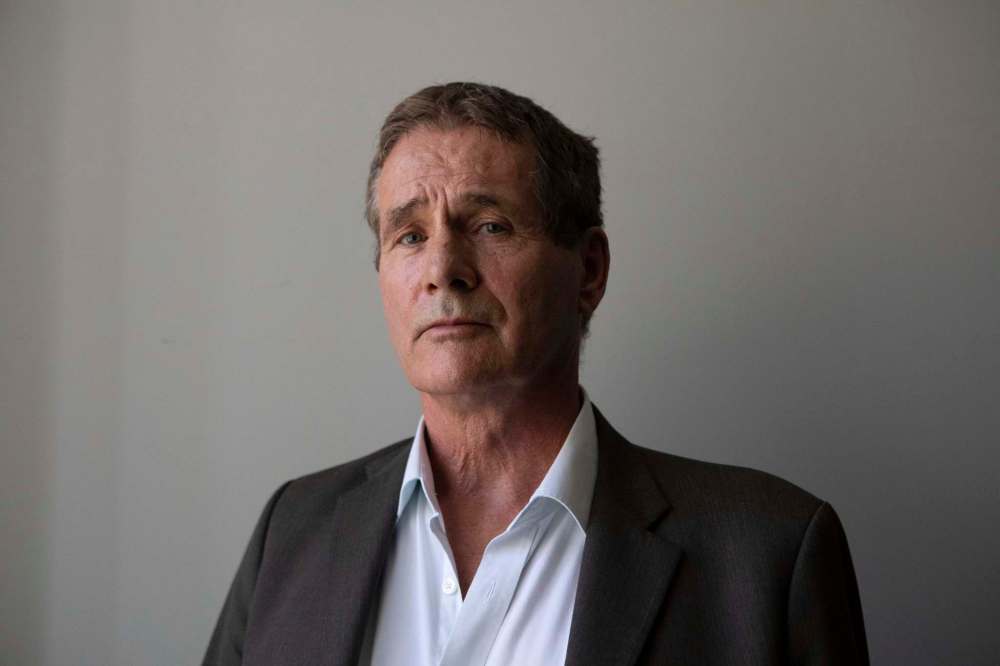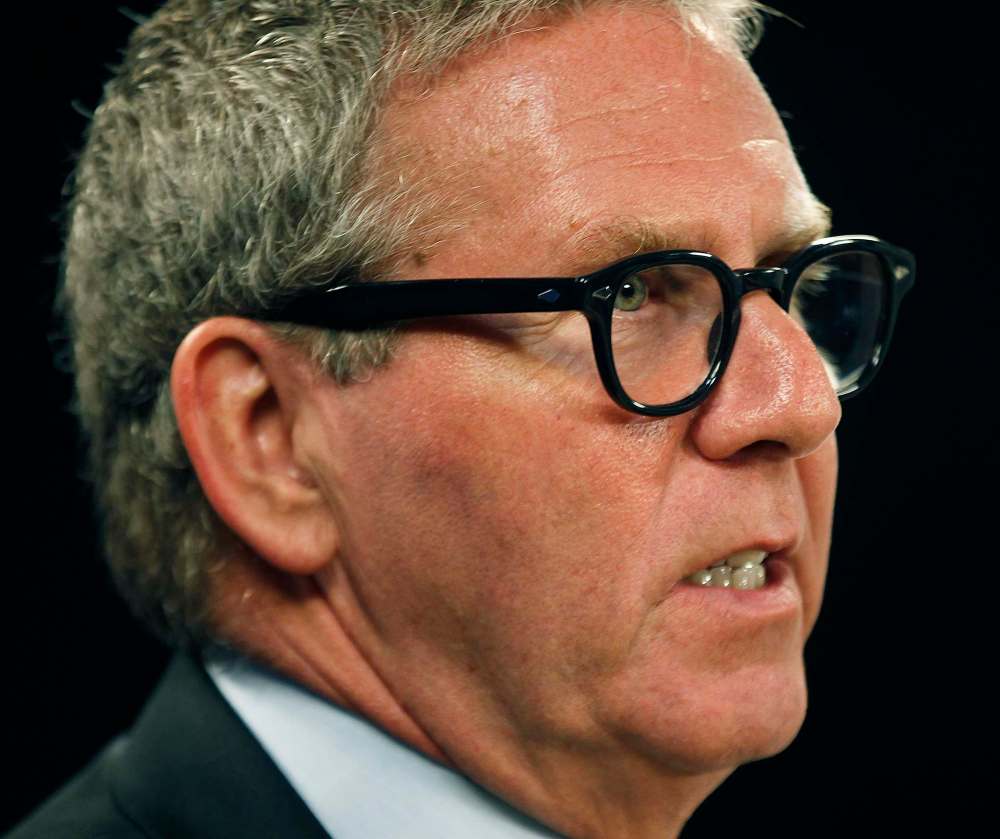Two emotions, 50 years apart
On wrongful conviction anniversary, Milgaard learns he'll receive an honorary degree
Advertisement
Read this article for free:
or
Already have an account? Log in here »
To continue reading, please subscribe:
Monthly Digital Subscription
$0 for the first 4 weeks*
- Enjoy unlimited reading on winnipegfreepress.com
- Read the E-Edition, our digital replica newspaper
- Access News Break, our award-winning app
- Play interactive puzzles
*No charge for 4 weeks then price increases to the regular rate of $19.00 plus GST every four weeks. Offer available to new and qualified returning subscribers only. Cancel any time.
Monthly Digital Subscription
$4.75/week*
- Enjoy unlimited reading on winnipegfreepress.com
- Read the E-Edition, our digital replica newspaper
- Access News Break, our award-winning app
- Play interactive puzzles
*Billed as $19 plus GST every four weeks. Cancel any time.
To continue reading, please subscribe:
Add Free Press access to your Brandon Sun subscription for only an additional
$1 for the first 4 weeks*
*Your next subscription payment will increase by $1.00 and you will be charged $16.99 plus GST for four weeks. After four weeks, your payment will increase to $23.99 plus GST every four weeks.
Read unlimited articles for free today:
or
Already have an account? Log in here »
Hey there, time traveller!
This article was published 31/01/2020 (2111 days ago), so information in it may no longer be current.
January 31 is a sombre anniversary for David Milgaard; it marks the 1970 date a court wrongfully convicted him for the rape and murder of Saskatoon nursing student Gail Miller.
But on Friday, the University of Manitoba marked the 50th anniversary of his wrongful conviction by announcing honorary degrees for Milgaard and his lawyer, David Asper.
“It’s kind of an anniversary of a nightmare for me, so I don’t celebrate it, that’s for sure,” Milgaard told the Free Press.

The men will each receive an honorary doctor of law on June 5.
Milgaard, who served 23 years in prison, said he hopes the award raises the profile of the wrongfully convicted and their champions, like his mother Joyce, who have long-fought for justice.
“I don’t usually accept any awards,” Milgaard said from his Calgary home, while drafting a letter to a judge urging leniency in a stranger’s looming sentencing. “I’ve always felt I don’t do that much, in relation to helping others.”
Asper was a key part of the legal team that got Milgaard’s charges stayed and eventual exoneration. He was emotional about the news.
“I walked with David out the doors of Stony Mountain prison in 1992, and I’m going to walk into an academic convocation with him in 2020,” he said. “Those are going to be two pretty special walks.”
Milgaard said the two have long relied on each other.
He recalled Asper coming to visit him once while he was in solitary confinement to tell him the justice minister had denied their application.
“It was important for me at that point to tell David not to worry too much; not to take it too hard. But at same time, somehow inside me, I just died. David has always been my friend and always will be.”
Asper’s award comes from his work supporting Milgaard, as well as for his efforts leading the Asper Foundation and the National Post. He said he dropped out of high school and was rejected by multiple law schools.

“To end up with an honorary doctorate of law… to me it’s a phenomenal honour,” he said.
Milgaard and Asper are watching closely as the federal Liberals move to establish a long-demanded independent review agency of those who maintain they’ve been wrongfully convicted. The task is the first item Prime Minister Justin Trudeau assigned in his mandate letter to Justice Minister David Lametti.
Asper said he plans to impress upon the graduates how they need to retain the facts but also the ethical lessons they’ve learned through a university education. That got him through fierce opposition from the government and lawyers.
“The value of education really kicks in when you get yourself into a situation of ambiguity and contrarianism … because of the wide variety of challenges that we faced, just having the intellectual security to be satisfied that we were doing the right thing, when pretty much everyone else was saying that ‘you’re not.’”
dylan.robertson@freepress.mb.ca


